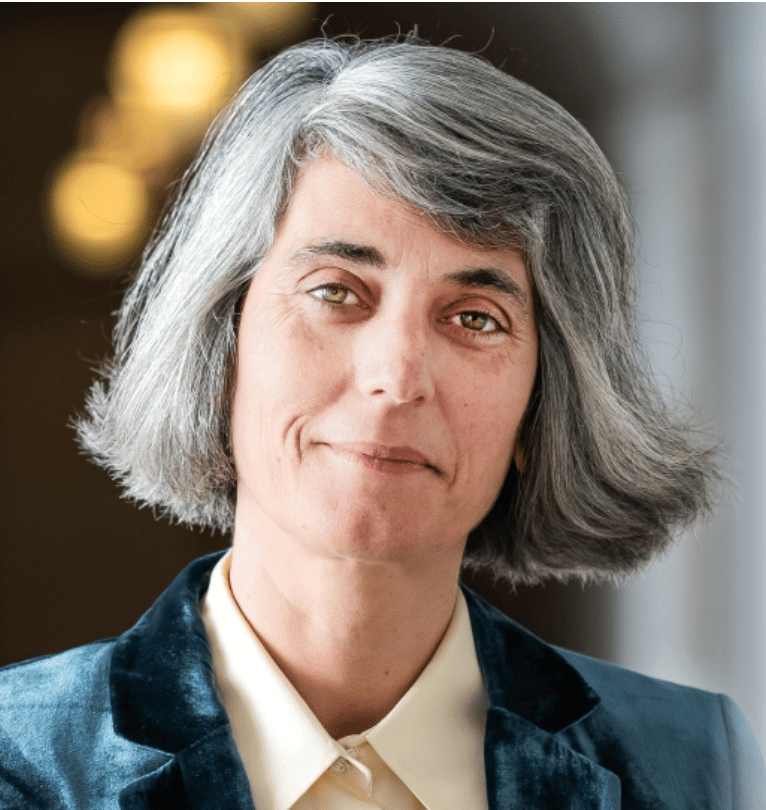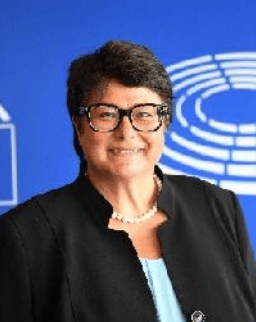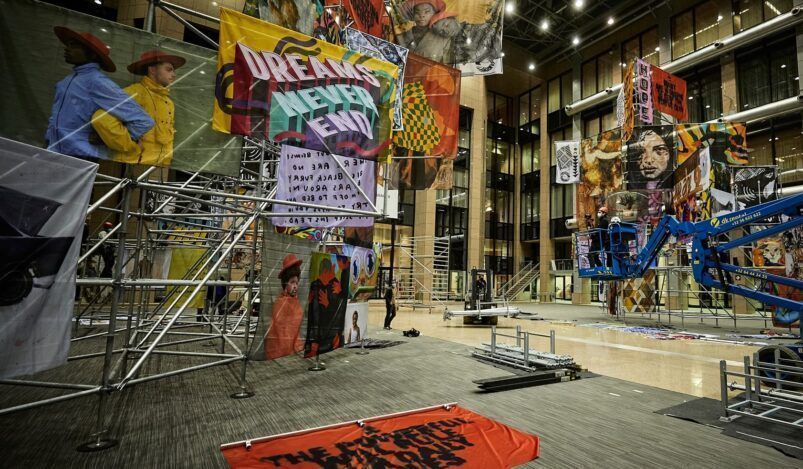Portugal will fulfil the role of Presidency of the Council of the EU for the next six months. Three Portuguese ministers presented their plans regarding cultural heritage to the responsible CULT Committee.
The focus of Portugal’s EU Presidency will revolve around the need to strengthen Europe’s resilience and its citizens’ confidence in the European social model. Portugal wants to promote a Union based on shared values of solidarity, convergence and cohesion – a Union capable of coordinated action to recover from the crisis. Remotely connected from Lisbon, three Ministers responsible for the CULT remits addressed the CULT Committee on 26 January 2021. The ministers highlighted, in particular, three major priorities for the next months:
- To promote Europe’s recovery, leveraged by the climate and digital transitions;
- To implement the Social Pillar of the European Union as a key element for ensuring a fair and inclusive climate and digital transition;
- To strengthen Europe’s strategic autonomy while keeping it open to the world
Funding Cultural Heritage

More specifically, the following CULT issues were addressed: Graça Fonseca, Minister for Culture, briefly described Portugal’s EU Presidency’s strategy to boost the recovery of the cultural sector that has been particularly badly impacted by the pandemic. Ms Fonseca highlighted the need to ensure the survival of Europe’s cultural heritage, especially considering issues of funding. Dealing with this in relation to climate change and the digital transition was considered vital.
Fake news and free press
On another topic particularly cherished by CULT – arts and education – the Minister stressed the importance of the link between arts, culture and youth, with culture having a big impact on critical thinking capacities. As regards the media and the audiovisual sector, the Minister stressed the need to link these two areas by means of Council actions.
For example: by tackling the economic and social challenges of the crisis through media. By addressing issues caused by AI and the digitalisation of the news industry. And by considering how the future of journalism is going to be impacted. Similarly, the need to fight fake news and disinformation was addressed. A strong emphasis was put on the existence of a free press for society and democracy.
Essential European Programmes
The importance of the Creative Europe programme was also underlined by the Minister as being essential for the recovery of the creative and cultural sectors as well as for protecting, promoting and preserving cultural heritage.
Manuel Heitor, Minister for Science, Technology and Higher Education, started his intervention stressing the importance of Erasmus+ as a very symbolic programme. Mr. Heitor called for increasing diversity and inclusion of access to
higher education. In his view, education, research and innovation need to go together in the context of a green recovery. Science will also improve by
means of academic mobility across Europe and by including many people of different ages and origins, benefitting the scientific community and Europe as a whole.
Including the Younger Generation
In his intervention, Tiago Brandão Rodrigues, Minister of Education, put the focus on the promotion of inclusion, digital education and the right of access to education for all throughout life. Moreover, he stressed the importance of the
European Solidarity Corps in promoting European solidarity and the inclusion of young people in the decision making process. On that aspect, he recalled the importance of a well-structured European Youth Strategy to help mitigate the impact of COVID-19 on youth, especially in education, employment and mobility.
Mr. Rodrigues considered sport another important area, an area of innovation.
During the question and answer session, Members voiced their support for how the Ministers intend to tackle the most pressing challenges triggered by the pandemic as well as for a more medium-term vision to pave the way to a strong and sustainable recovery.
Recovery Funds for Culture

Among the main concerns of the CULT Members was: ensuring that the European Education Area becomes a reality; strengthening efforts to make the recognition of VET comparable; promoting cultural cooperation as key to peace; and addressing the “Not in Education, Employment or Training” (NEET) phenomena aggravated by the pandemic. Furthermore, the CULT Chair (Sabine Verheyen ed.) stressed the need to ensure that recovery funds from the EU are well used for the cultural and creative sectors. She argued that even from a purely economic perspective that would make sense since culture represents an important part of the economy, let alone the role of culture as a constituent part of free and democratic societies.
Portugal’s Presidency of the Council of the EU will last until July. Then, Slovenia will take over the role until the end of the year.
Source: European Parliament and Portugal.eu
If you want to know more about policies on cultural heritage, click here or check out the tags below:

